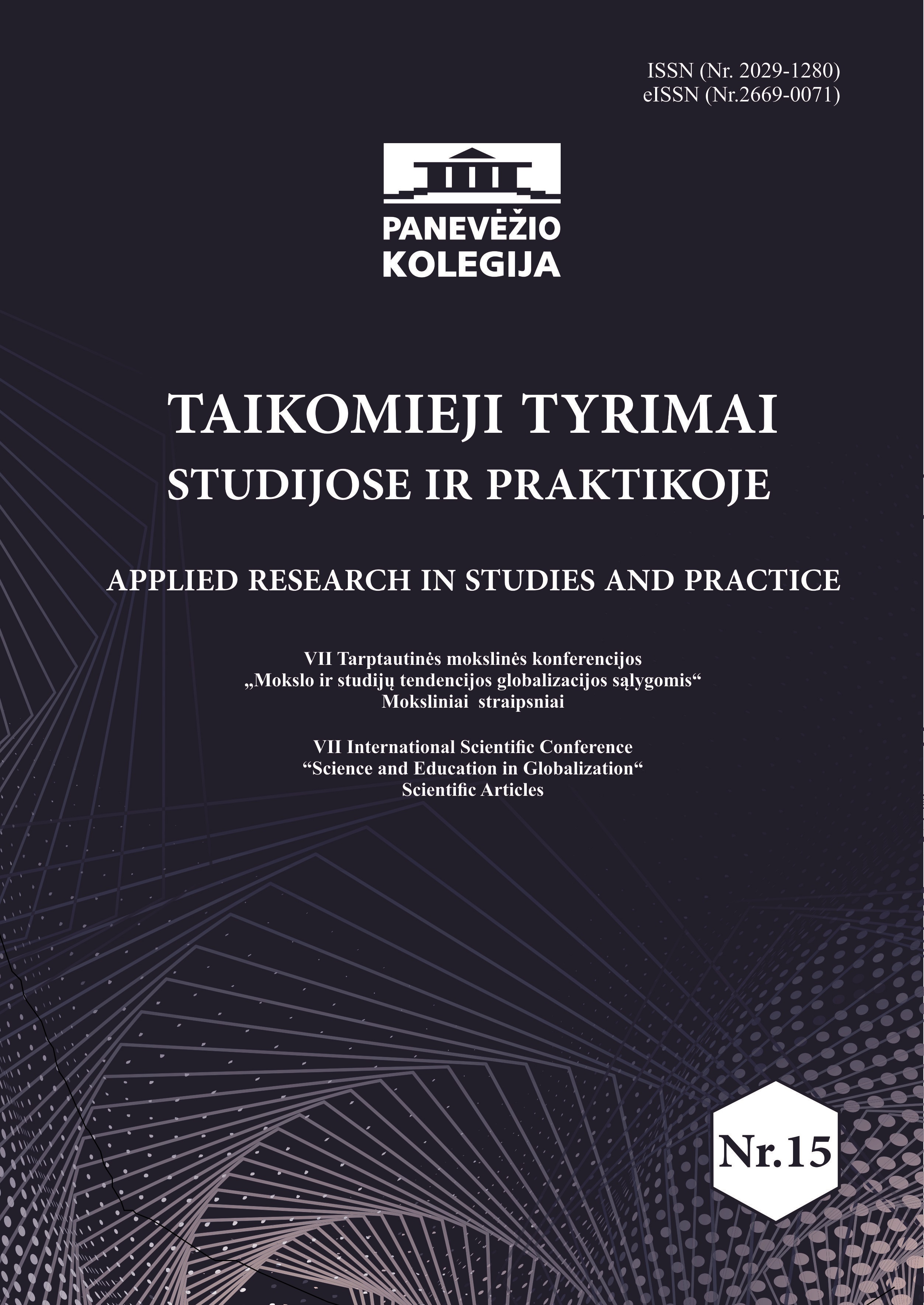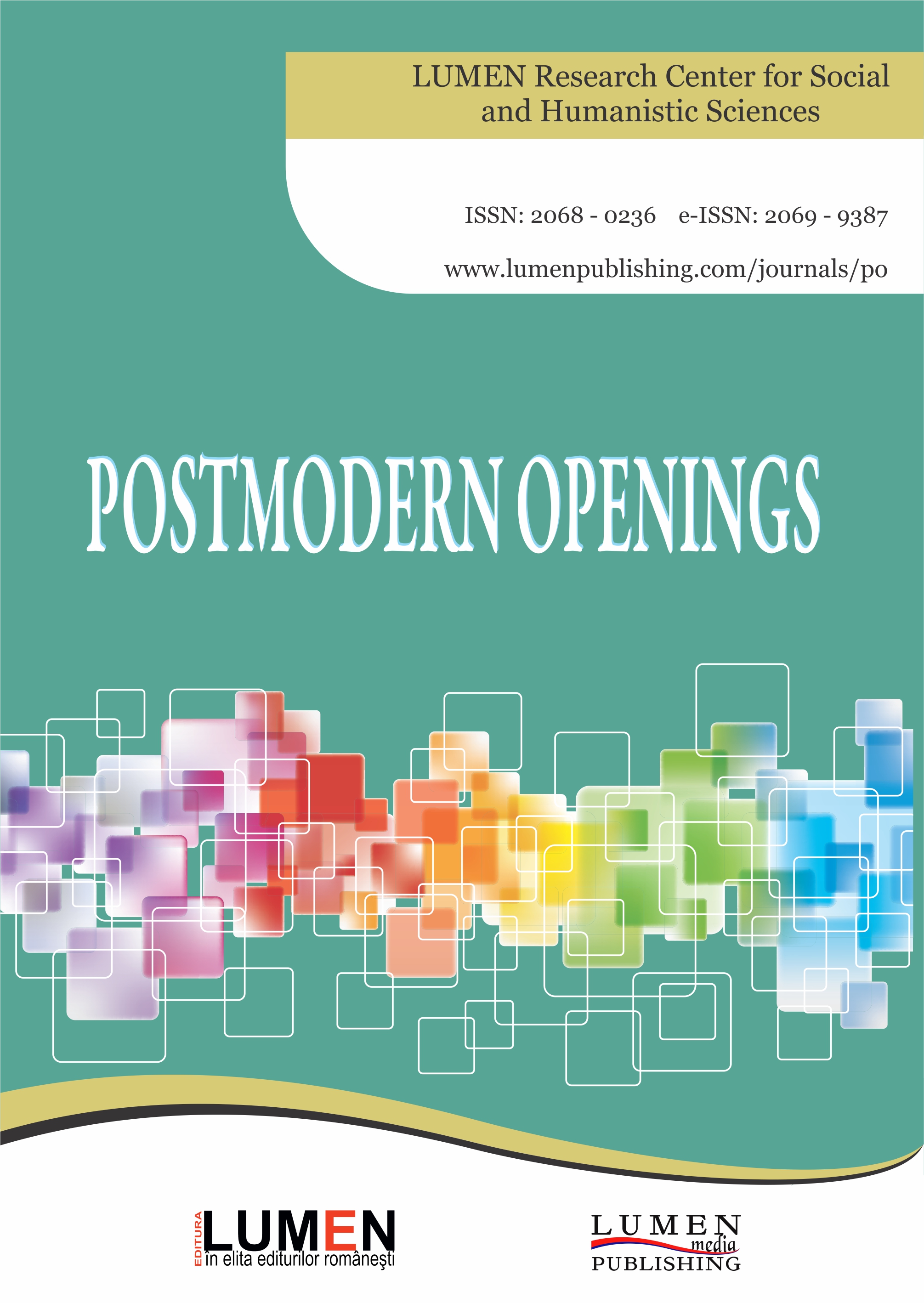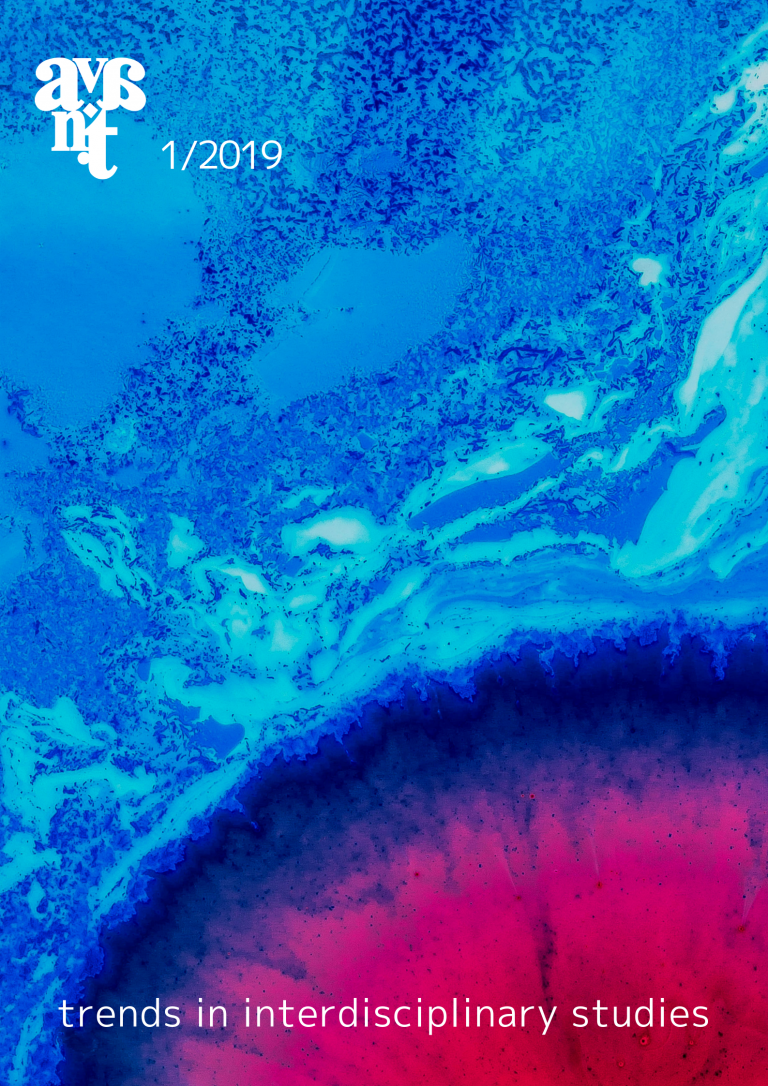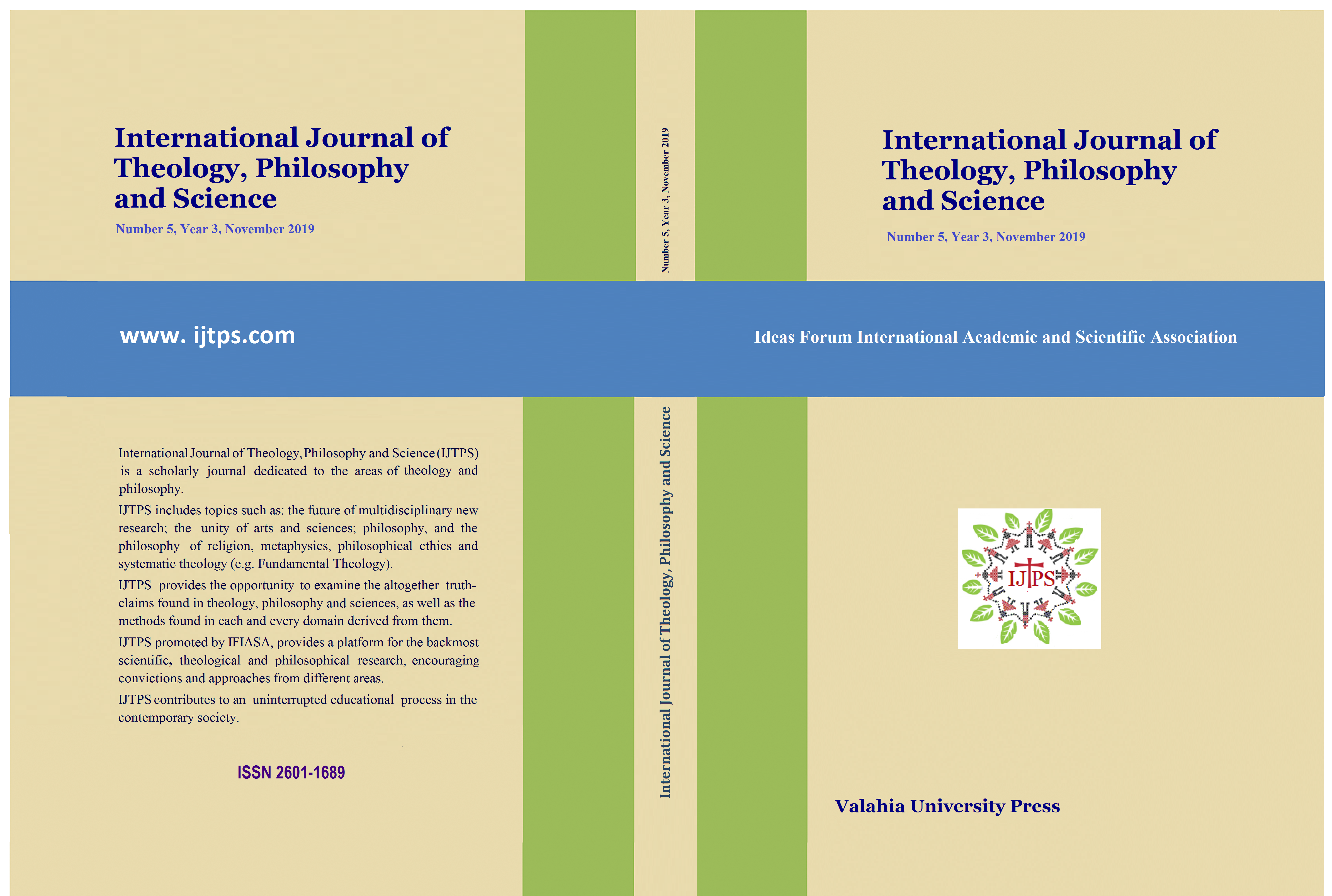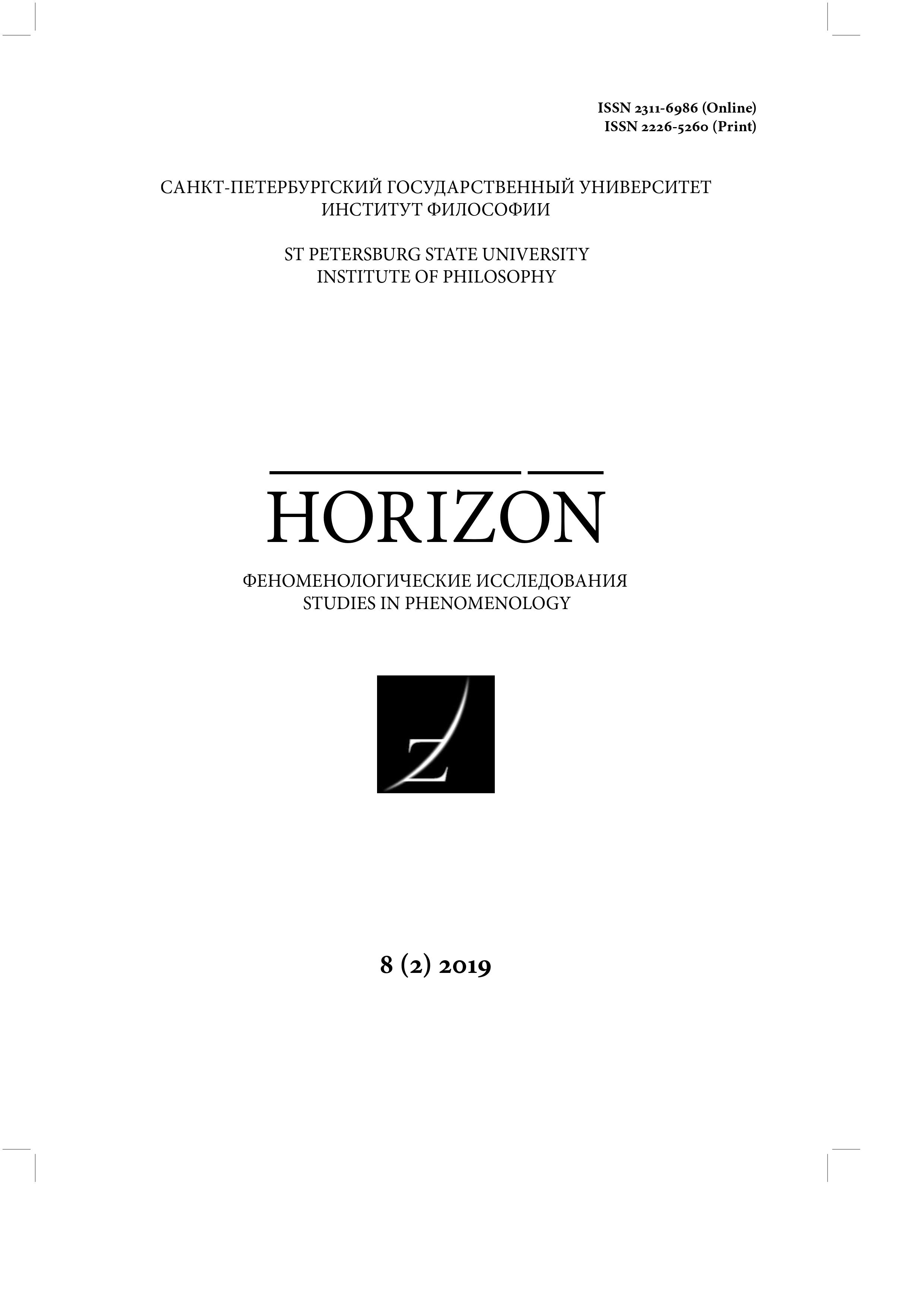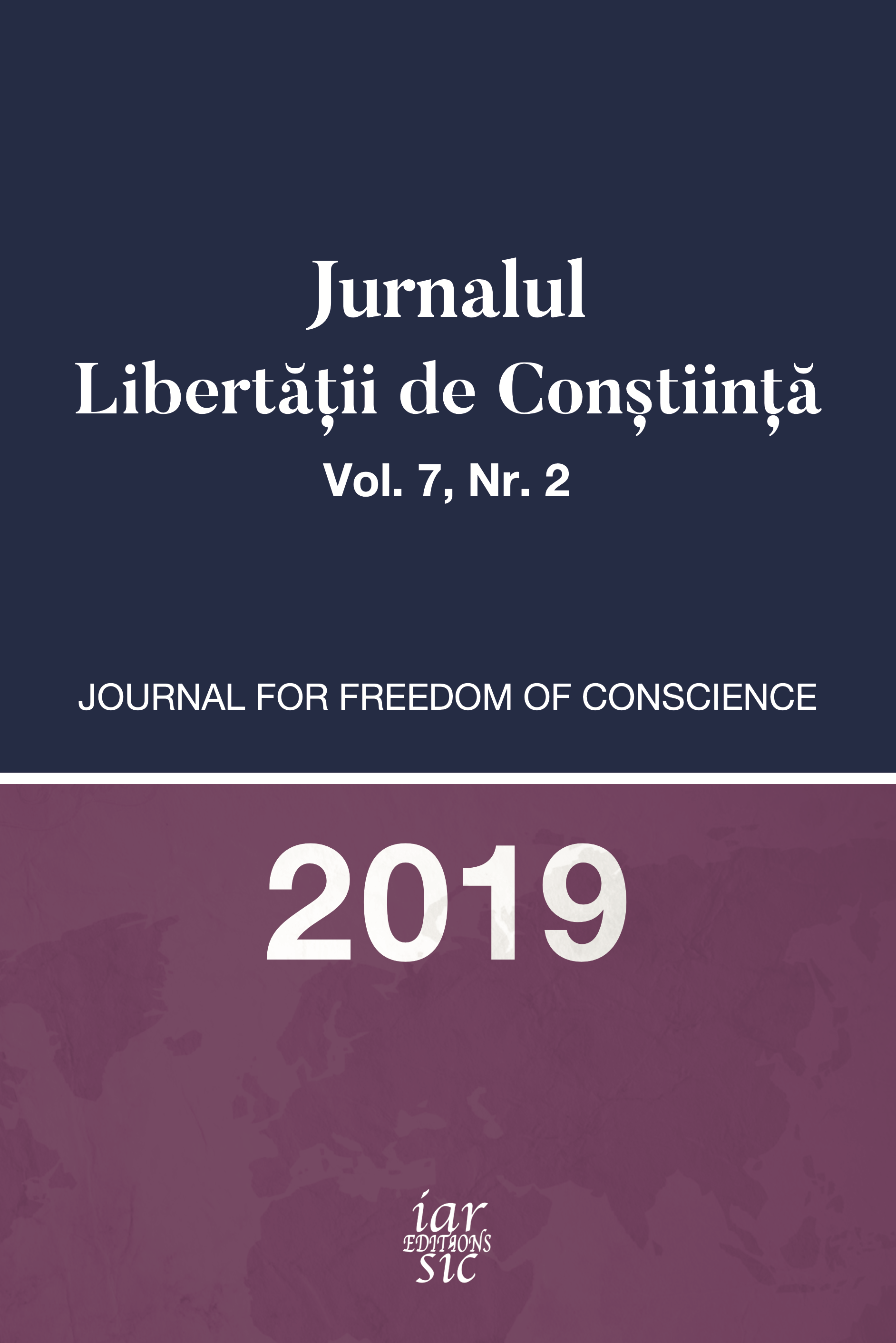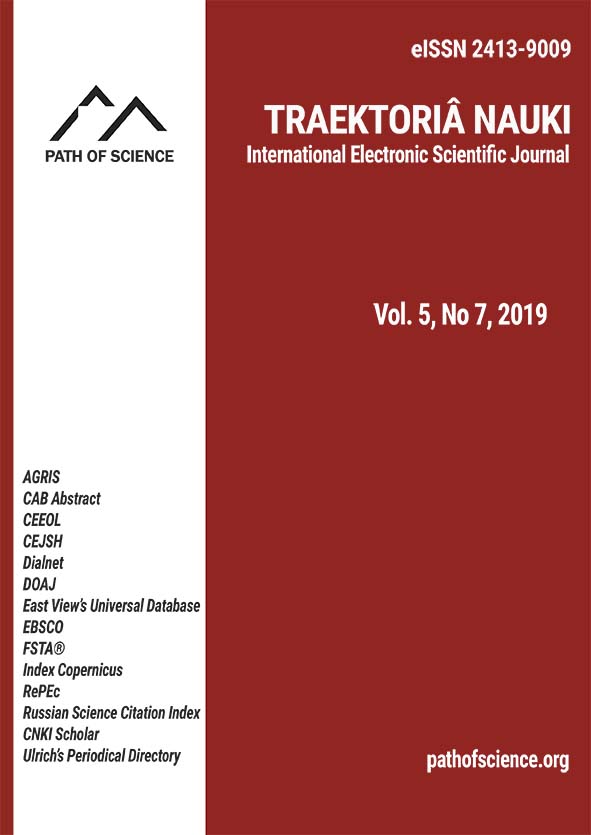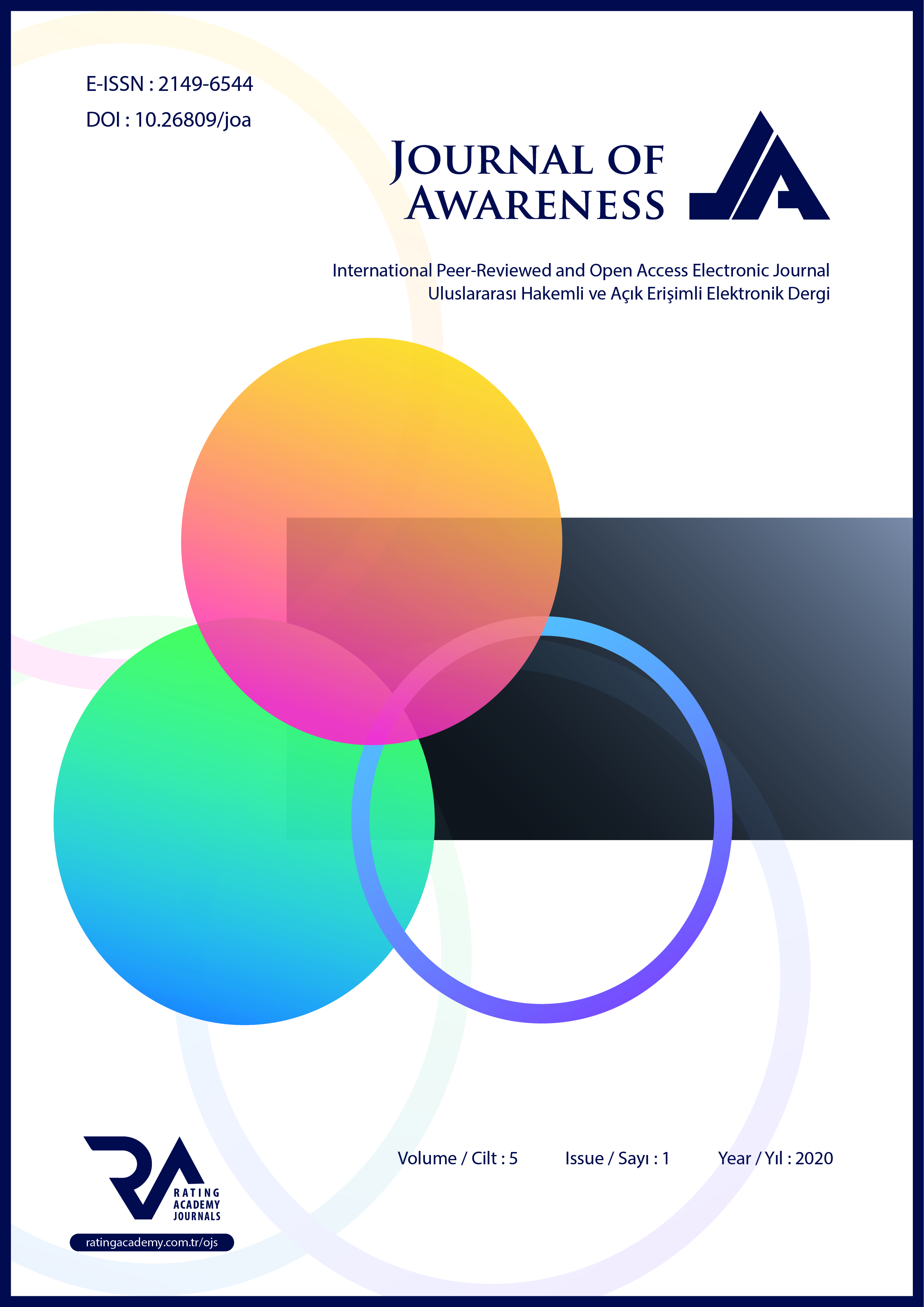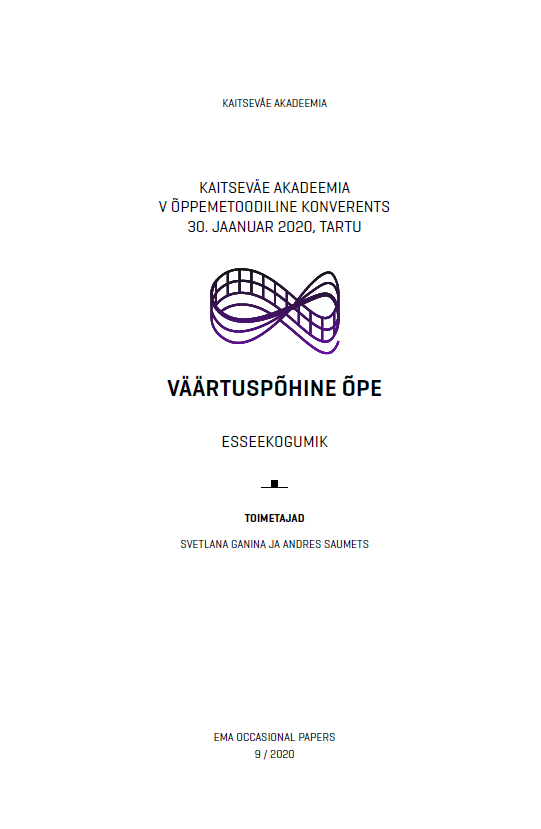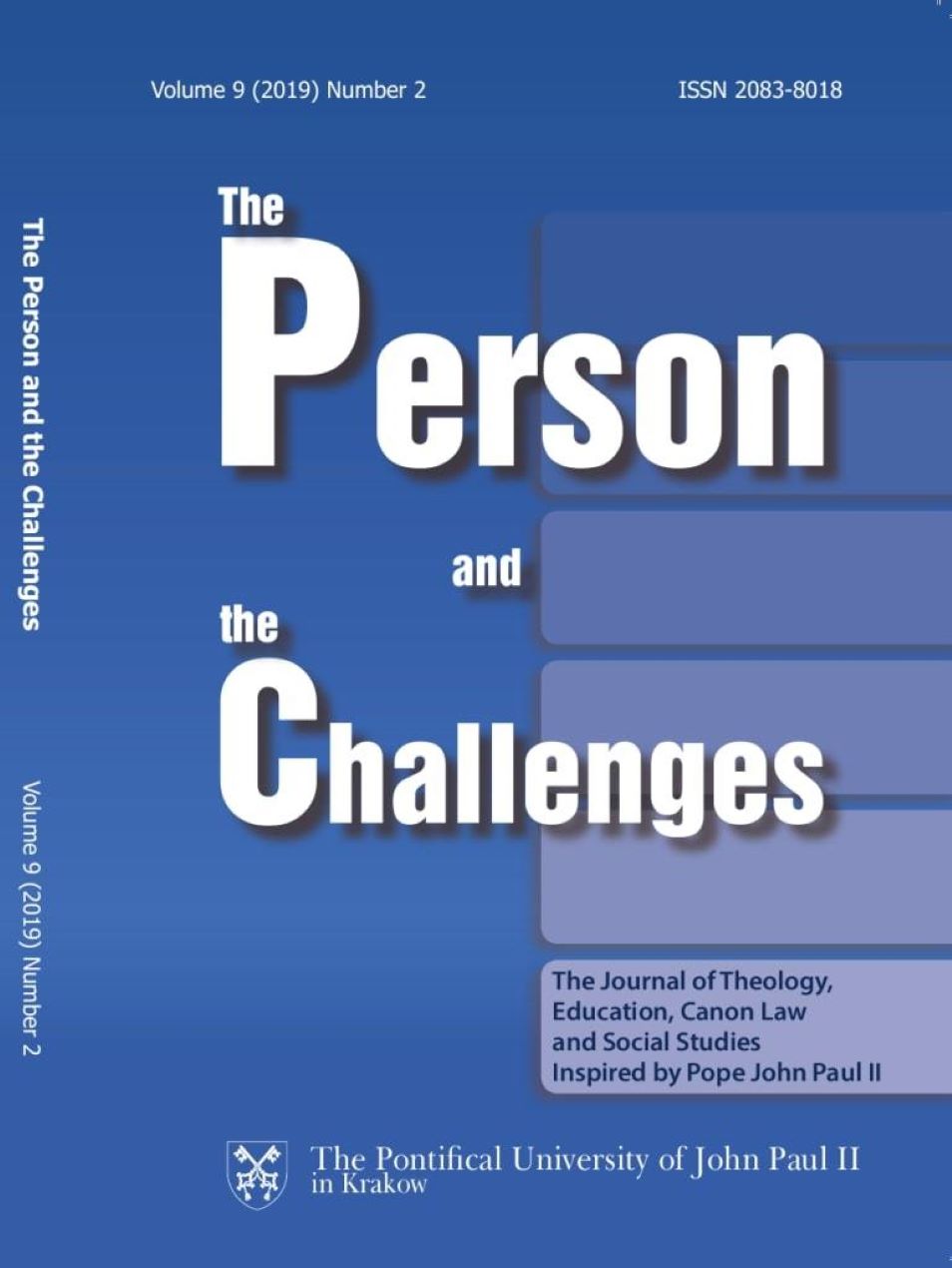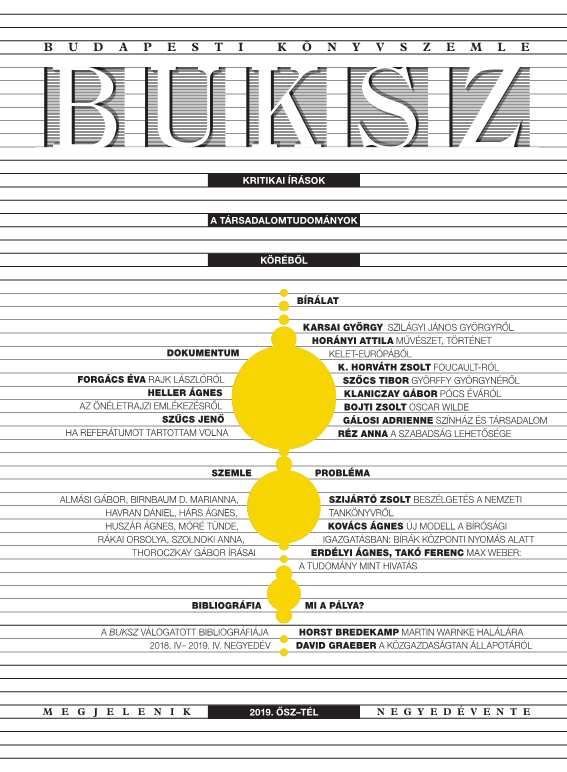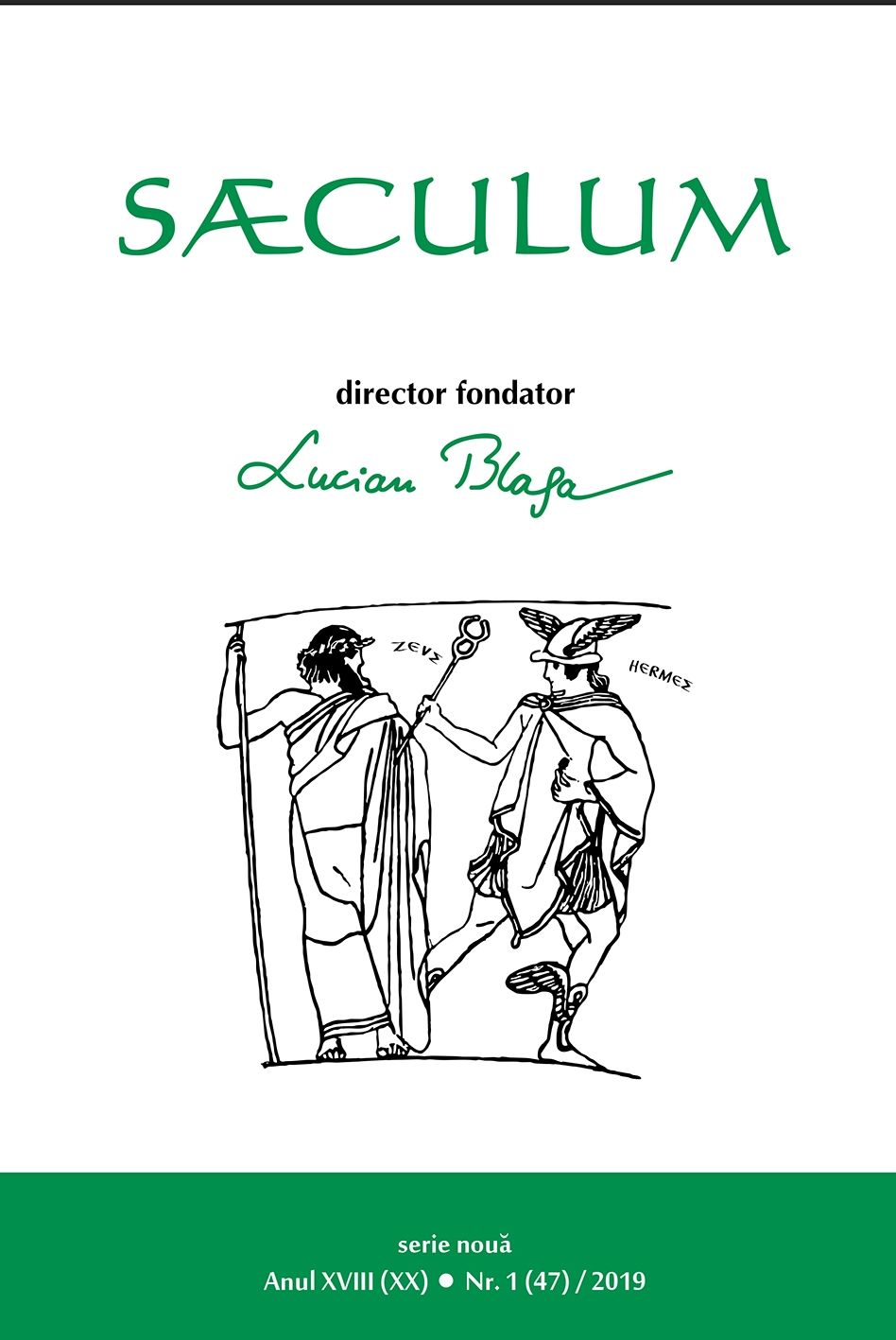
SCHIȚĂ ASUPRA VIEȚII ȘI SCRIERILOR LUI PAUL RICOEUR
This study engages into a wider reflection about Paul Ricoeur. Undoubtedly,he is a remarkable personality of thought and spiritual life, being known as the “philosopherof obedience”. On the one hand, the novelty of his thinking lies in the narrative identity, inthe dissociation between the same and the ipseity, diachronic and synchronic, between thesocius and the neighbor. On the other hand, he reveals us a „modus vivendi”, between therational-philosophical rigor and the Protestant religious beliefs, with regard to the depthsof the confrontation between desire and choice, between understanding and explaining,between universal and singular. Nevertheless, his panoramic view of life departs from thecomplexity of life, from existentialism, as a radical opposition between the being itselfand the being for itself or the self. As a conclusion, throughtout Paul Ricoeur’s domains -philosophy and religion- physical and psychological integrity implies by analogy a moralintegrity.
More...
